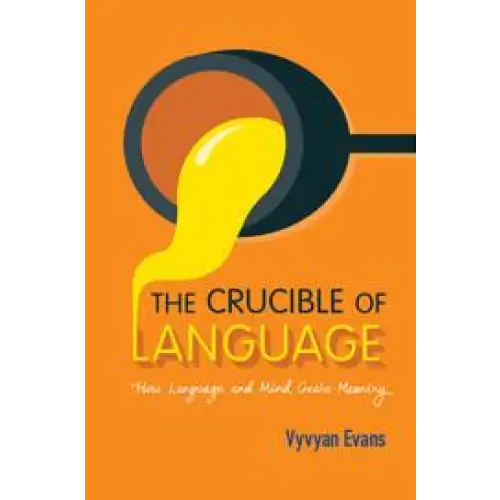From the biting, childish mockery of a schoolyard quip to the eloquent cunning of a lawyer seeking a legal loophole, meaning is created every time we use language to communicate. How we use language—to convey ideas, make requests, ask for favors, and express emotions like anger, love, or dismay—matters immensely; linguistic meaning can even be vital. In "The Crucible of Language," Vyvyan Evans explains what we know and do when we communicate with language. He shows how linguistic meaning is created, where it comes from, and how language enables us to convey meanings that can move us to tears, bore us, or fill us with ecstasy. According to Evans, meaning is one of the last frontiers in the exploration of the human mind.

